Penang Eruption Discus, Blue Base
$63.00 – $170.00
Once upon a time, in a small town called Sorbet City, there was a legendary sorbet maker named Mrs. Berry. Her sorbets were famous for their bold flavors and vibrant colors, and people from all over the world came to taste them.
One day, Mrs. Berry was experimenting with some new flavors when something strange happened. The sorbet machine began to shake and rumble, and suddenly, an explosion of sorbet flavors erupted from the machine.
Blueberry, raspberry, orange, and lemon sorbets flew everywhere, coating the entire room in a rainbow of colors. Mrs. Berry tried to stop the machine, but it was too late. The sorbet flavors continued to erupt in a beautiful and chaotic mess.
The townspeople heard about the eruption and rushed to the sorbet factory. When they arrived, they were shocked to see the entire factory covered in sorbet. But they couldn’t resist trying the different flavors.
There was blueberry sorbet that tasted like a burst of summer in your mouth. The raspberry sorbet was tart and tangy, while the orange sorbet was sweet and refreshing. The lemon sorbet was a zesty explosion of flavor.
People began mixing and matching the flavors, creating their own unique combinations. Some mixed blueberry and raspberry, creating a beautiful purple sorbet. Others mixed orange and lemon, creating a tangy and sweet sorbet that reminded them of their childhood.
In the end, the eruption of sorbet flavors turned out to be a blessing in disguise. Mrs. Berry became even more famous for her bold and unique sorbet creations, and people from all over the world came to taste the rainbow of flavors. And as for the mess in the factory, well, let’s just say it was the sweetest cleanup job anyone had ever had to do.
- Reviews (2)
2 reviews for Penang Eruption Discus, Blue Base
Add a review
You must be logged in to post a review.

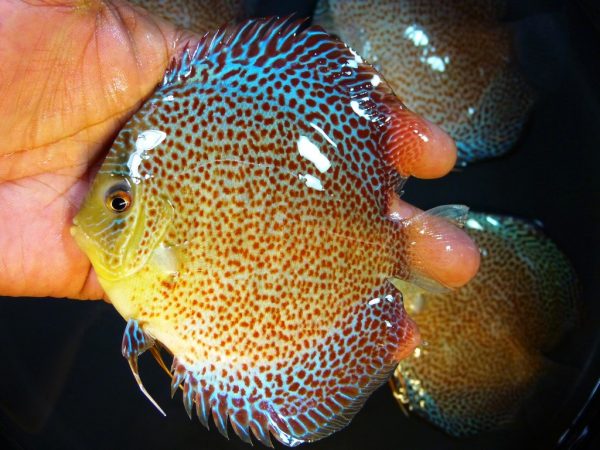
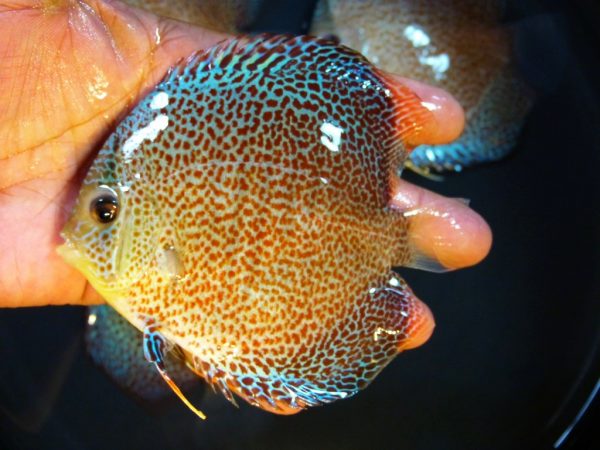
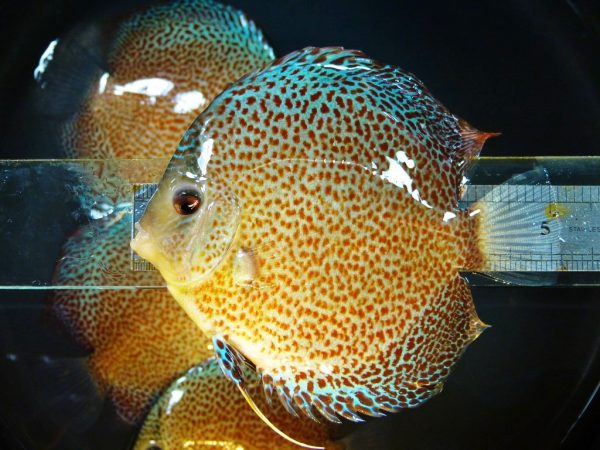
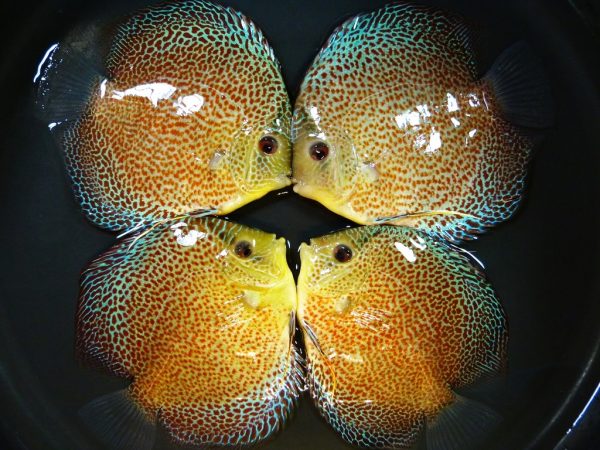
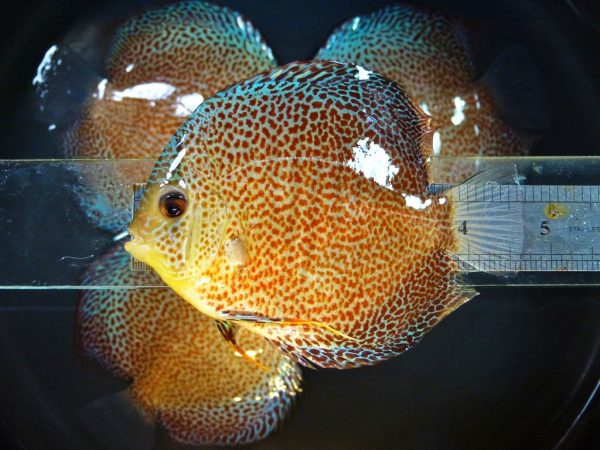
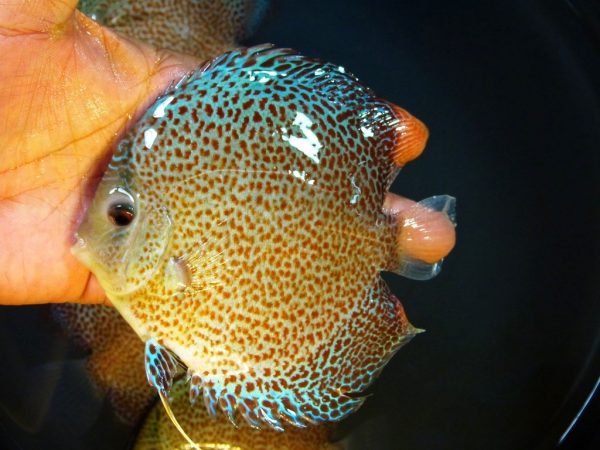
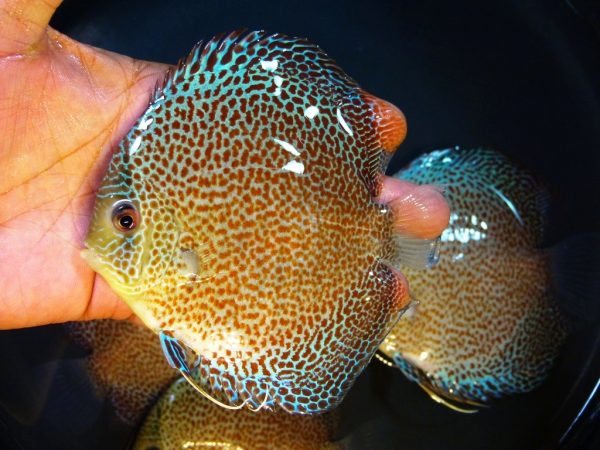
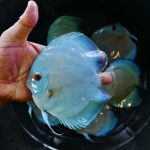
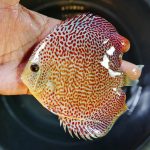
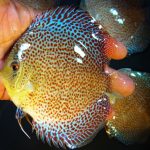
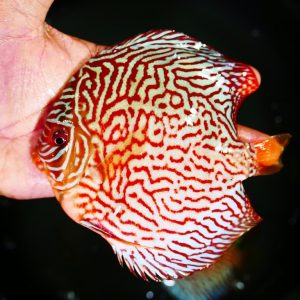
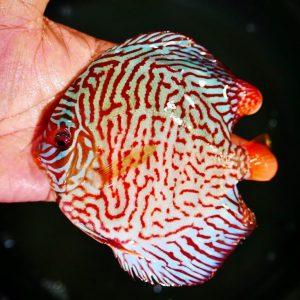
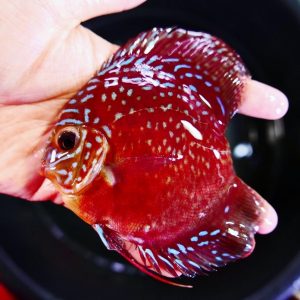
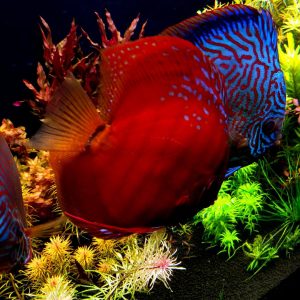
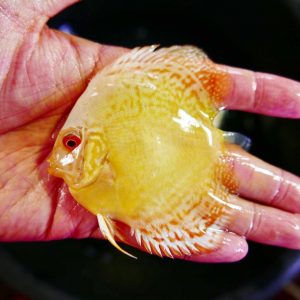
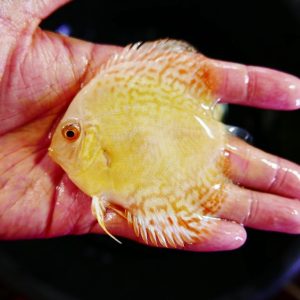
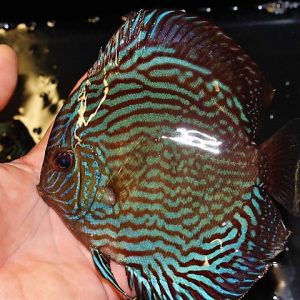
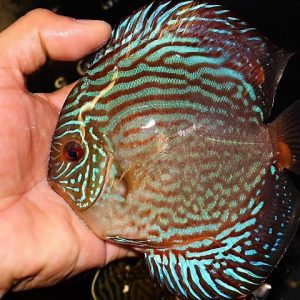
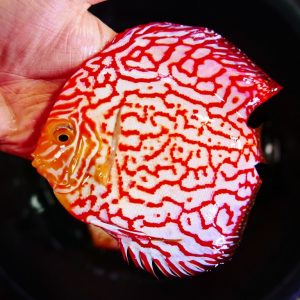
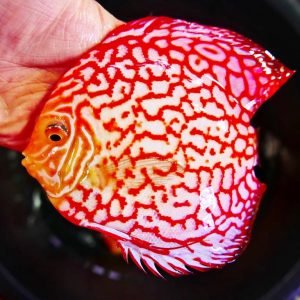
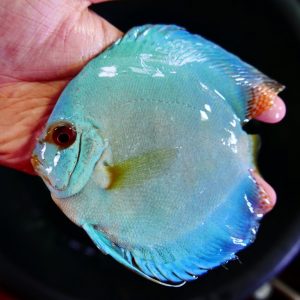
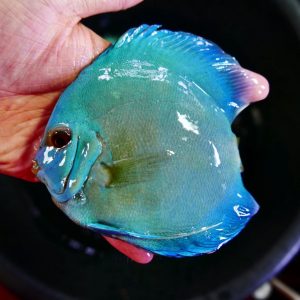
The fish are really big nice and fat they look healthy and share the tank with my golden sunrise which doesn't compare in size. My favorite are the penangs and altum flora the body shape is very pretty